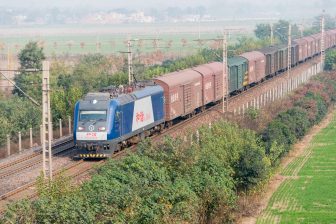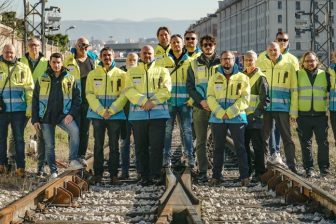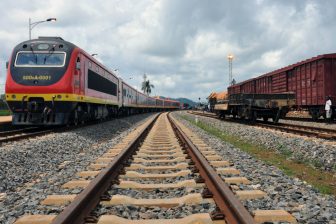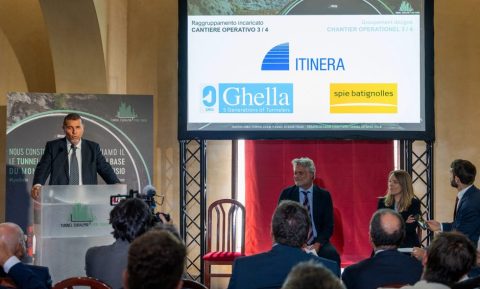
Last excavation contract for Turin-Lyon tunnel has been assigned
The project of the Turin-Lyon railway tunnel has taken another step towards completion. The contract for the excavations of the Italian side of the tunnel, running under the Mount Cenis, has been in fact assigned. With this tender, according to TELT, the company overviewing the project, all the contracts for the excavation of the 57,5-km tunnel have been allotted.
The contract, for a total of 1,1 billion euros, was assigned to a group of three companies, led by Itinera, an Italian firm that specialised in constructing roads, motorways, railways, and bridges. The other two companies involved are Spie Batignolles, from France, and Ghella, from Italy. Both companies specialise in underground constructions. Ghella has already been assigned a few projects on the French side of the tunnel in 2022.
The contract in details
The contract has a duration of 91 months. Thus, the commissioning should expected between 2030 and 2031. The tender entails the construction of the tunnel section from the Italian border with France to the Susa Valley, west of Turin. As TELT pointed out, 28,5 kilometres of tunnels will be dug out. Other than the two main tunnels, the companies will also dig the tunnels to bring down the two dual-mode tunnel-boring machines (TBMs) and the connections between the two tubes. The TBMs deployed for this project are defined as dual-mode because they can break through both hard and soft rocks. It is expected to remove over 2,3 million cubic metres of material during the digging process. According to TELT, up to 60 per cent of it will be used as construction material.
A much-needed infrastructure
Despite many controversies and protests against the Turin-Lyon new railway, recent events show how key this infrastructure can be. Last week, for example, a landslide caused the closure of the Frejus Railway, the main rail connection between Italy and France. According to many, such events will not occur once the tunnel is ready, since the infrastructure will be more protected against landslides and other natural phenomena.
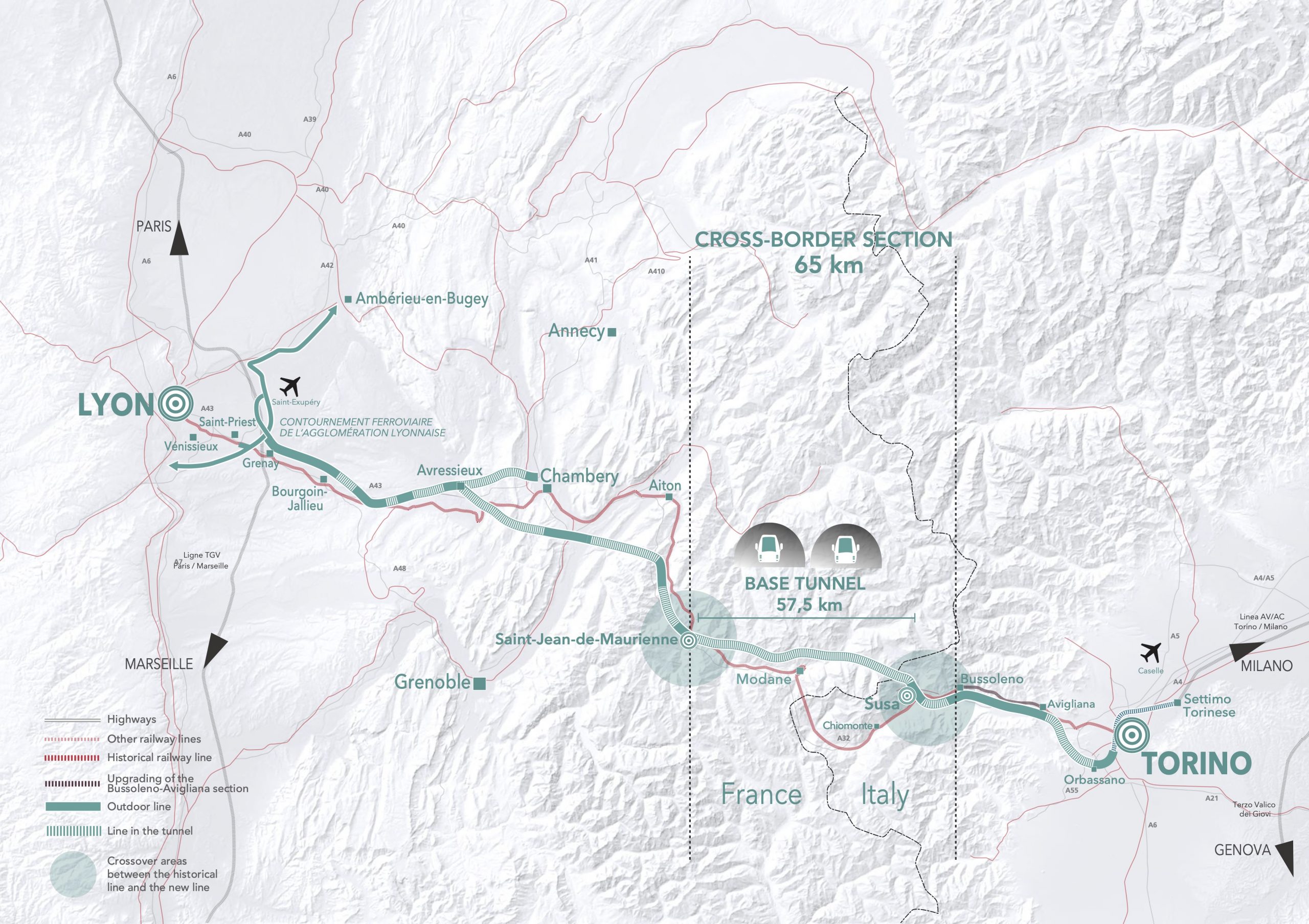
Also read:


